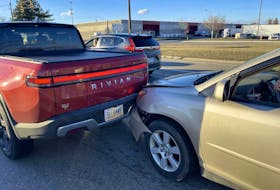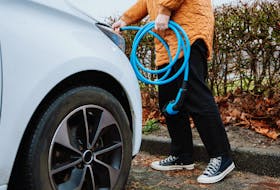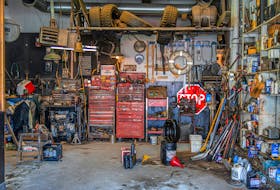Next to buying a house, buying a car or truck is the second largest purchase most people will make.
While you may have researched the make, model, and options you want on your next vehicle, few buyers ever research the buying process.
The more you know about the process, the more control you will have when purchasing your next vehicle.
There is little difference between buying a new vehicle, a used vehicle, or leasing a vehicle. Be aware that you will be outnumbered during most buying experiences, but you have the money. You are in control; don’t give that control away. Let’s look at buying used vehicle.
As you browse through the used-car lot, one of the salespeople will ask if you need assistance.
After a brief conversation, they will usually show you some vehicles and ask some questions about what you are looking for and your name.
This seemingly innocent event has two significant outcomes: the salesperson has determined if you are serious about buying and your financial resources and, secondly, they have claimed you as a prospective buyer.
If you leave without buying and come back later, that salesperson has laid claim to your business, and other salespersons at that dealership will usually not deal with you for a period of time.
A good salesperson will help you find the right vehicle, but some salespeople may try to lead you into buying only what they want to sell. Remember, you have the money, so you are in control.
Things to keep in mind:
The first step in the buying process is to find a good salesperson. Don’t be afraid to walk into a dealership and interview them.
Ask a salesperson why you should deal with them rather than the other salesperson across the room. You will probably surprise them, and learn a lot about the salesperson very quickly.
When buying, have an open mind, but specify what you need and do with a vehicle.
If the salesperson shows you a vehicle that doesn’t suit your needs, let them know immediately.
Be firm about your needs. Don’t settle for something that isn’t right for you. You have the money and the control.
Test drive several vehicles. A trip around the block isn’t a test drive. Find a few bumps, corners, a highway, and a tight parking spot.
Most car buyers drive only one or two vehicles, and then it is just a short drive on the highway. The more you drive, the better you can compare the vehicles.
Now comes the issue of price. At most dealerships the price is negotiable. The value of your trade-in has to be negotiated, so get ready to bargain.
The dealership has to make a profit to stay in business; just don’t let it all be made on you. Get the final cost to you in writing before you sign anything and if you feel rushed, walk away and come back later after you have had time to think things through. Buying a vehicle is a practical experience, not an emotional one.
The salesperson will “take your offer” to the sales manager. The sales manager approves all sales, so in reality, this is the person you are really dealing with! You have the money and money is control.
If at any time you don’t like what is happening, don’t sign anything; walk out. You can always come back tomorrow after thinking things through, or there are lots of other dealerships willing to sell you a vehicle.
Once the sales manager approves the deal and the price is agreed, you are handed off to the “business manager.”
This person looks after financing, extended warranties, protective paint coatings, undercoating, and other accessories. Beware the up-sale. The business manager will offer to outfit you with warranties and accessories that you probably don’t need. Don’t be rushed into signing anything.
Most dealership personnel are knowledgeable and helpful. However, the buying process pits several of them against you, the buyer.
They want a sale; you want a vehicle. It sounds like a good combination, but the priority is to get a vehicle that fits your needs, not necessarily the one the dealership wants to sell.
Even though you are outnumbered and in the unfamiliar environment of a dealership, remember, you have total control of what happens. After all, no sales are made without your money.
A LOOK AT SOME POPULAR USED VEHICLES:
- What to look for from a 2015+ Ford Mustang
- 2014+ Cadillac CTS owners report minimal problems
- 2015+ Nissan murano featured many advanced safety features
- 2014+ Toyota Highlander is striking and solid
- 2010-15 Kia Sorento family CUV liked for utility, content
- 2012-18 Toyota Prius V
- 2015+ Subaru Outback offers upscale drive, flexibility









